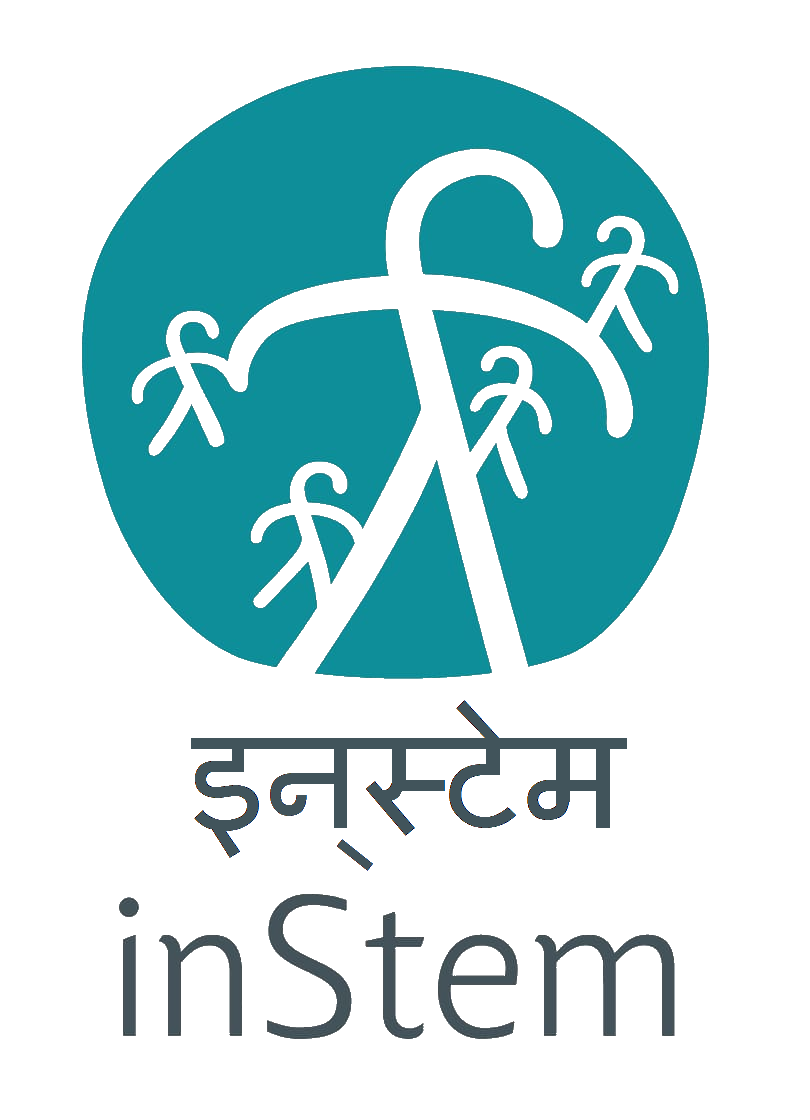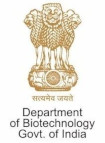C9orf72-derived arginine-containing dipeptide repeats associate with axonal transport machinery and impede microtubule-based motility.
| Title | C9orf72-derived arginine-containing dipeptide repeats associate with axonal transport machinery and impede microtubule-based motility. |
| Publication Type | Journal Article |
| Year of Publication | 2021 |
| Authors | Fumagalli L, Young FL, Boeynaems S, De Decker M, Mehta AR, Swijsen A, Fazal R, Guo W, Moisse M, Beckers J, Dedeene L, Selvaraj BT, Vandoorne T, Madan V, van Blitterswijk M, Raitcheva D, McCampbell A, Poesen K, Gitler AD, Koch P, Berghe PVanden, Thal DRudolf, Verfaillie C, Chandran S, Van Den Bosch L, Bullock SL, Van Damme P |
| Journal | Sci Adv |
| Volume | 7 |
| Issue | 15 |
| Date Published | 2021 Apr |
| ISSN | 2375-2548 |
| Keywords | Amyotrophic Lateral Sclerosis, Animals, Arginine, Axonal Transport, C9orf72 Protein, Dipeptides, DNA Repeat Expansion, Drosophila, Frontotemporal Dementia, Humans, Microtubules, Motor Neurons |
| Abstract | A hexanucleotide repeat expansion in the gene is the most common genetic cause of amyotrophic lateral sclerosis (ALS) and frontotemporal dementia (FTD). How this mutation leads to these neurodegenerative diseases remains unclear. Here, we show using patient stem cell-derived motor neurons that the repeat expansion impairs microtubule-based transport, a process critical for neuronal survival. Cargo transport defects are recapitulated by treating neurons from healthy individuals with proline-arginine and glycine-arginine dipeptide repeats (DPRs) produced from the repeat expansion. Both arginine-rich DPRs similarly inhibit axonal trafficking in adult neurons in vivo. Physical interaction studies demonstrate that arginine-rich DPRs associate with motor complexes and the unstructured tubulin tails of microtubules. Single-molecule imaging reveals that microtubule-bound arginine-rich DPRs directly impede translocation of purified dynein and kinesin-1 motor complexes. Collectively, our study implicates inhibitory interactions of arginine-rich DPRs with axonal transport machinery in -associated ALS/FTD and thereby points to potential therapeutic strategies. |
| DOI | 10.1126/sciadv.abg3013 |
| Alternate Journal | Sci Adv |
| PubMed ID | 33837088 |
| PubMed Central ID | PMC8034861 |
| Grant List | MC_U105178790 / MRC_ / Medical Research Council / United Kingdom MEHTA/JUL17/948-795 / MNDA_ / Motor Neurone Disease Association / United Kingdom MR/L023784/2 / MRC_ / Medical Research Council / United Kingdom MR/R001162/1 / MRC_ / Medical Research Council / United Kingdom |


